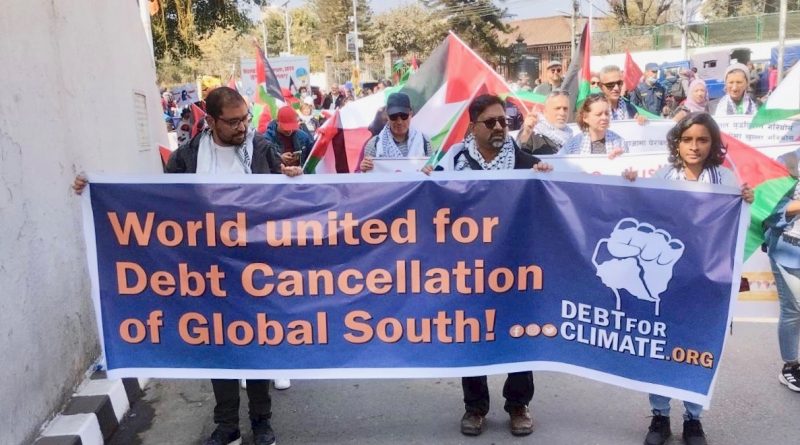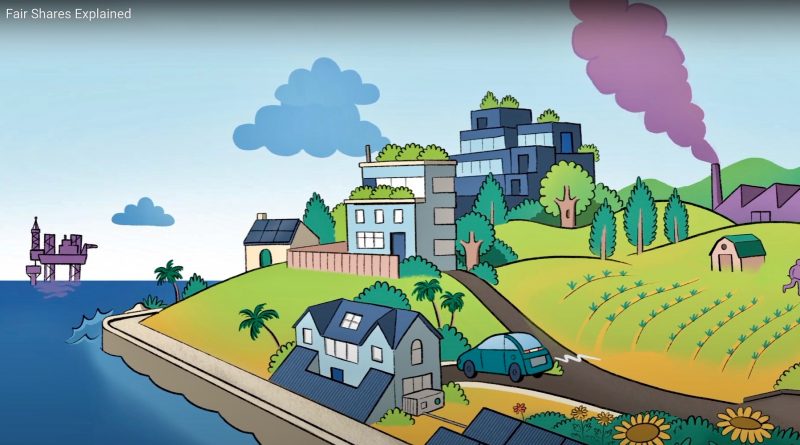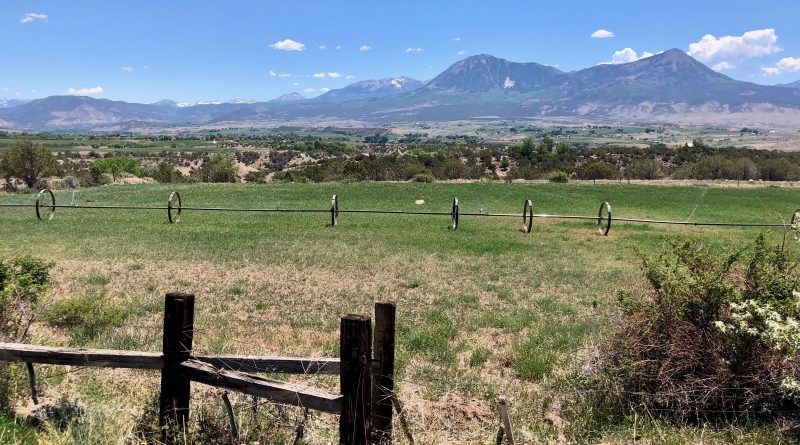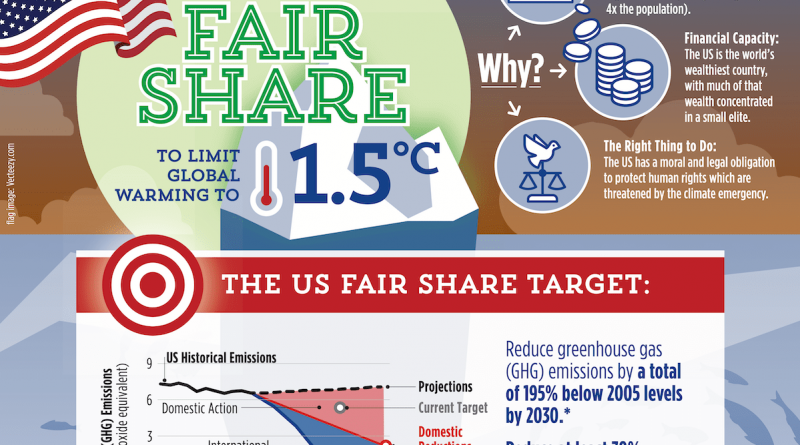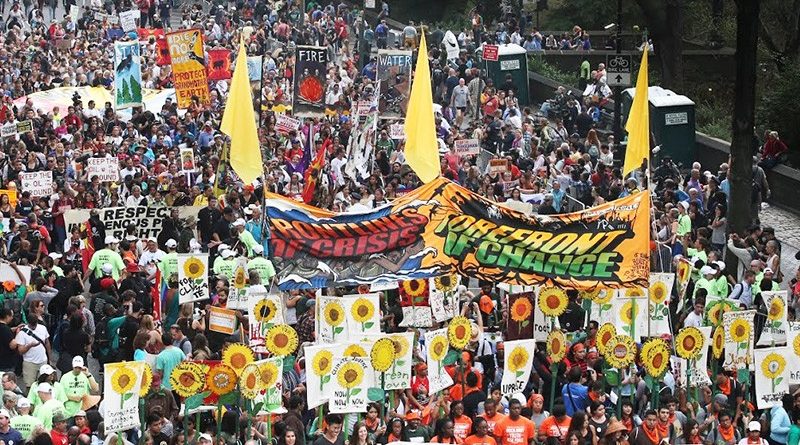Canceling the Debts of Global South Nations: A Necessary Part of the Worldwide Climate Effort – Part 1
We finally have a fairly widespread understanding that we must stop burning fossil fuels to solve the climate crisis. It is just as true that we must cancel the debts of Global South nations to solve the climate crisis. There is no other way. I recognize that statement will strike some of you as radical or unreasonable. It’s taken me some time to reach this conclusion. In this post I’ll try to show how I, and others, have arrived at this position.
We know that emissions anywhere cause climate change everywhere. That means that humanity must stop emissions everywhere.
We must stop emissions in the wealthy, developed nations (the Global North) that have been the primary cause of the climate crisis. But that will not be sufficient. By 2030, 50% of all global emissions will come from the poorer nations that we collectively term the “Global South” (not including China). Eliminating emissions from the Global South is key to solving the climate crisis and will improve public health and prosperity in those nations.
Nearly 60 countries of the Global South are in debt distress or at risk of it and are particularly vulnerable to the effects of climate change.
Read more